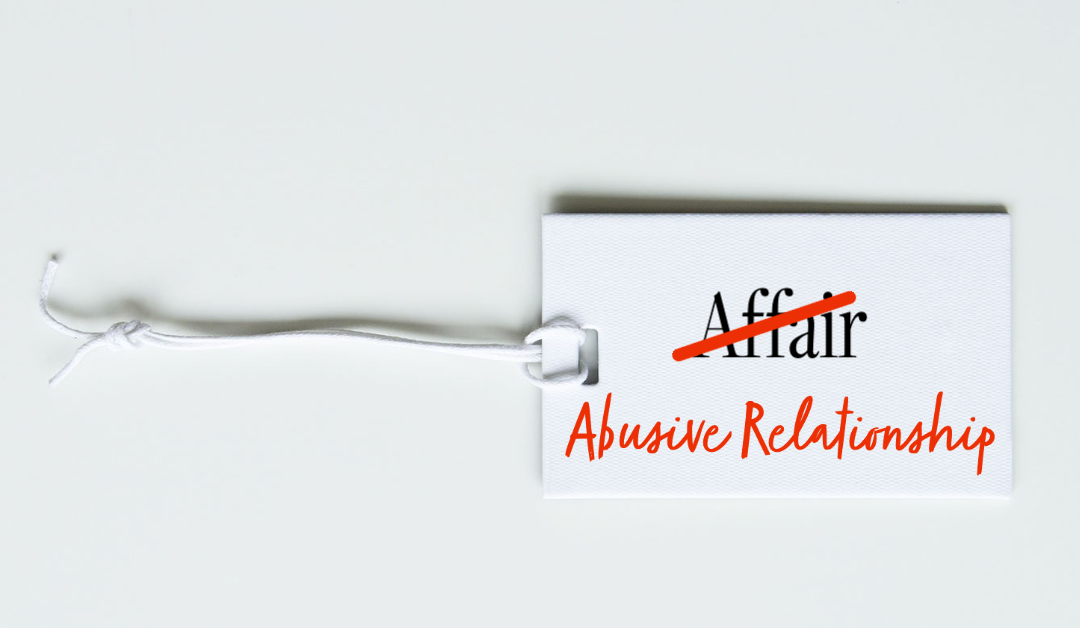Trigger Warning: This blog contains discussion of sexual assault of adults and children.
It can be uncomfortable to talk so directly about sexual assault. Some people and news outlets might soften the truth by using words that deflect or minimize violence. The words we use to describe violence carry assumptions. Words can hide perpetrator’s responsibility and shame survivors. The words we use to discuss news or other people’s experiences convey attitudes and assumptions about survivors of sexual assault. There are survivors all around you, listening to you for clues about your attitudes toward sexual violence.
Some people who experience sexual assault find the term “victim” to feel disempowering. While it is true another person harmed them, and that harm done was illegal. The term “survivor” honors the harm they experienced while focusing on healing and their life afterward. Many survivors of sexual violence do not want to press charges or report their experience. If they do not, then their status as a victim is never proven in a legal sense. We can believe survivors of sexual assault without labeling them a victim. Consider your role as a mentor, peer, or community member as different from the media (or the criminal justice system). Often news outlets report on crime, which has a victim and perpetrator. As a mentor, caring adult, and community member, our role is to believe survivors and support them in their healing.
Your words impact how survivors understand their experiences. The words we choose to describe sexual violence should be accurate and honest. The following is a chart of terms for news media covering sexual violence to avoid. Make an effort to use accurate terms that do not reinforce rape culture.
| Instead of… | Use… | Because… |
|
Sex scandal
|
Sexual assault; sexual abuse; rape, etc. | “Sex scandal” diminishes the crime and sensationalizes it. It removes the distinction between a normal, consensual act and violence/a potential crime. |
| Sex or intercourse (as a euphemism for rape or sexual assault) |
Call it what it is: rape, sexual assault, etc.
|
This again blurs the line between what is a consensual sex act and what is a crime. “Intercourse” instead of “rape” prevents the public from fully understanding that the act was one of violence and not a mutually consensual act. |
| nonconsensual sex | Sexual assault; sexual abuse; rape, etc. | Sex is consensual. If it’s not consensual, it is sexual assault or rape. |
| Perform oral sex | Forced oral and genital contact | The use of the word “performed” wrongly assumes that the victim is the primary actor and was not forced. When in doubt, consider if the public needs to know specifics about the assault in question. |
| Fondle | Grope; unwanted sexual contact |
Fondle conveys the idea that the perpetrated act is gentle, which may undermine a reader’s ability to see unwanted sexual contact as a harmful and potentially criminal activity.
|
| Engaged in | Was forced to | The term “engaged in” assumes that the victim was an active participant, negating the fact that she/he was forced to participate. |
|
Victim admits; Victim confesses |
Victim reports; victim reveals | Both “admits” and “confesses” imply responsibility and shame on the victim and does not hold the perpetrator responsible. |
| Accuser | Alleged victim; victim (if perpetrator convicted) or survivor | Referring to the victim as the ‘accuser’ means they are no longer the victim of the alleged perpetrator’s attack. The victim becomes portrayed as the one doing something to the perpetrator. In other words, the victim is now the perpetrator of the accusation. The perpetrator is transformed from the alleged perpetrator of sexual violence to the actual victim of their accusation. Excessive use of the word “alleged” or “claimed” implies disbelief of the victim. |
| Affair |
Abusive relationship, Intimate partner violence
|
Referring to a relationship with a power imbalance (such as a teacher/student or boss/employee) by using the word “affair” implies a consent on the part of both parties. Sometimes these relationships can start consensually but become abusive when one party coerces the other using their unequal position of power. Other times the whole relationship was coercive because the disadvantaged person felt pressured into the relationship. The term “affair” diminishes the crime and sensationalizes the relationship as taboo. |
| Prostitution | Human sex trafficking, survival sex work, sex worker | Referring to someone who was forced into sex work as a “prostitute” implies choice and agency on the part of the victim. Some people do choose to engage in sex work to survive homelessness. Job discrimination, housing discrimination, and other forms of violence can create life circumstances where a person engages in survival sex work. Lastly, some people do work in the sex industry consensually, and often refer to their work as sex work, not prostitution. |
| Child prostitution | Child sex trafficking | A child cannot consent to sex, so they cannot be a professional sex worker. Using the word “prostitution” implies the victim has a profession as a sex worker. Any child forced to have sex is being exploited by adults. |
The information used in this graph was created from the MECASA media guide.
and the Chicago Taskforce on Violence Against Women and Girls. (2012). Reporting on rape and sexual violence: A media toolkit for local and national journalists to better media coverage.
Written by Alex Ross-Reed (she, her, hers), a sexual violence prevention specialist, health educator, writer, and artist living in Albuquerque, New Mexico.


Recent Comments